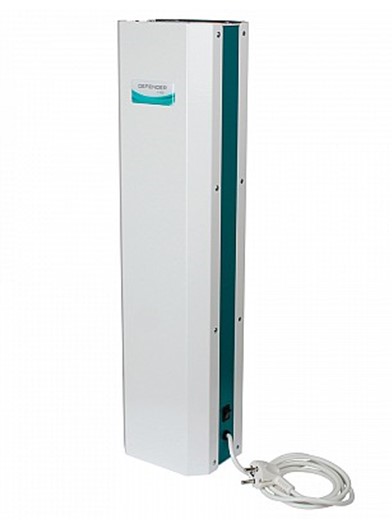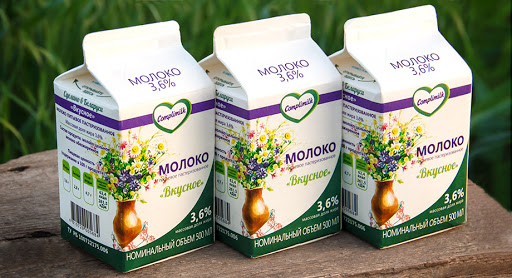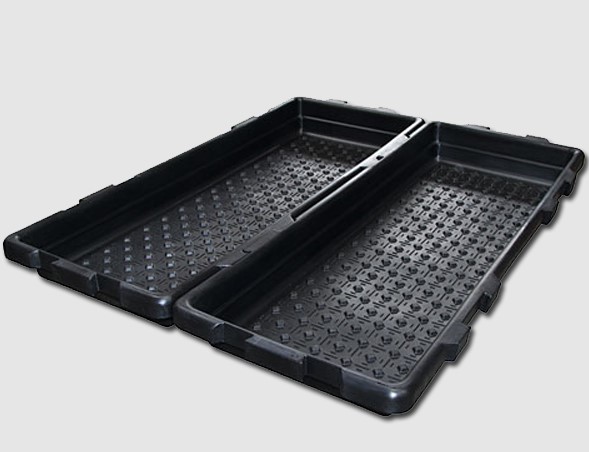WSJ Finds Out Which Companies Will Benefit from the Thaw Between Russia and the US
The rapprochement between Moscow and Washington could significantly improve the situation of foreign companies that have refused to leave the Russian market, writes The Wall Street Journal (WSJ). Experts interviewed by the newspaper suggest that during the thaw, the situation will be most advantageous for the companies that remain in Russia.
Sanctions imposed on Russia after fighting broke out in Ukraine have led to "the largest corporate exodus in history," the paper said. But many foreign companies, including food makers PepsiCo, Nestlé and Mars, have refused to leave the Russian market, saying they do not want to jeopardize their businesses or employees.
"Whoever decides to stay will have a huge advantage and will be rewarded," said Janis Kluge, an economist at the German Institute for International and Security Affairs. PepsiCo told the WSJ that it was continuing to monitor the situation but declined to comment on its future plans. Nestlé and Mars did not respond to requests for comment.
According to economists, the American oilfield services company SLB (formerly Schlumberger) may also find itself in potentially advantageous circumstances. In 2022, SLB reduced its product deliveries to Russia, and in July 2023, it announced that they had been permanently discontinued. However, the company still has a subsidiary in Russia, Schlumberger Technology Company, registered in Tyumen. SLB also did not respond to WSJ's request for comment.
The newspaper recalls that some companies that have repeatedly declared their intention to reduce their Russian business are still operating in Russia. For example, the Austrian Raiffeisen Bank is one of them. Another foreign creditor, the Italian UniCredit, has stated that it expects to sell its assets in Russia, but only after the conflict in Ukraine has ended.
However, the first to have the opportunity to resume cooperation with Russia will be companies that specialize in the production of aircraft parts and automobiles, as well as software developers, analysts believe.
"Cars can come back. How long does it take to deliver cars from Bavaria to Russia? A couple of weeks. But McDonald's needs to have physical assets and suppliers," said economist and professor at IE Business School in Madrid Maxim Mironov.
Access to Western aircraft and aircraft parts will become a priority for Russia when the thaw sets in, experts believe. WSJ recalls that aviation giants such as Boeing and Airbus were among the first Western companies to announce a complete end to cooperation with Russia. An Airbus representative said that commenting on a possible thaw is “too speculative” and that the company continues to comply with sanctions . Boeing declined to comment.
Discussions about the possible return to Russia of foreign companies that left the market in 2022 began against the backdrop of Moscow and Washington's talks in Riyadh in February. The HEAD of the American Chamber of Commerce in Russia admitted that several US companies could resume business in Russia this year, but the main condition should be a peace agreement on Ukraine.
Last week, President Vladimir Putin said that Russia was already in talks to allow a number of foreign companies to return to the Russian market. According to him, the discussions were taking place “behind closed doors for now” and at the initiative of “some of our partners.” The head of state emphasized that before Western companies reenter the Russian market, it is necessary to provide mandatory guarantees for their “conscientious and responsible conduct of business in the country.”
Read PIONERPRODUKT .by in TELEGRAM .



























































